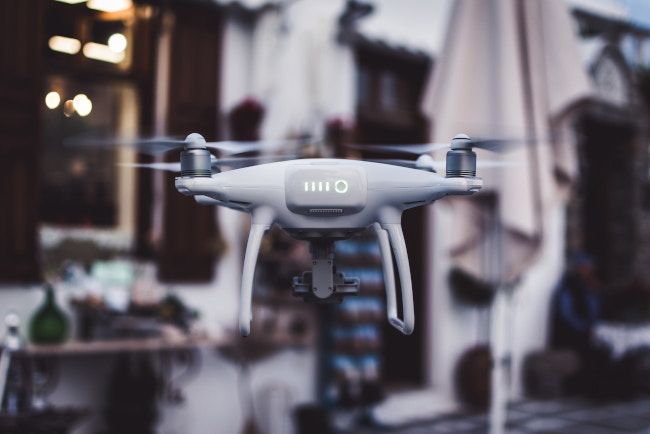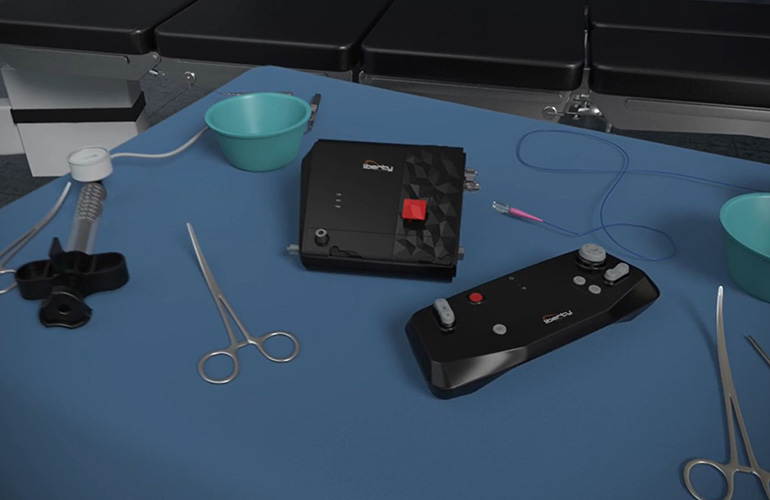An unusual device has been unveiled in the U.S.A —a robot lamp that claims to fold clothes on its own. Developed by Foldmate, it's already being called a "cleaning revolution." But is it really? Let's take a closer look.
▌ How Does the Robot Lamp Work?
The device looks like a stylish desk lamp, but instead of a lampshade, it has robotic "arms." According to the creators, the robot uses computer vision and artificial intelligence to neatly fold clothes. Just place an item in front of it, and within seconds, it will be neatly folded.
So far, the robot can only handle T-shirts, towels, and simple fabrics, but developers promise it will soon learn to work with jeans, dress shirts, and even bed linens.
▌ Why Could This Change Everyday Life?
According to a National Sleep Foundation study, clutter in a room increases stress levels and reduces productivity. If the robot can truly automate folding, it could save people up to 4 hours a week—the average time spent folding laundry.
Additionally, this technology could be useful in:
- Hotels (speeding up room preparation),
- Dry cleaners (automating laundry processing),
- People with disabilities (assisting with household chores).
▌ Skeptics Aren't Convinced: The Downsides
Despite the impressive concept, the invention has several serious drawbacks:
1. Price—early models are estimated at $500–1000, making them more of a luxury gadget than a mass-market product.
2. Speed—the robot currently takes 30–60 seconds to fold one item, while a person can do it in 5–10 seconds.
3. Limited functionality—complex items (sweaters, coats) are still beyond its capabilities.
4. Reliability—like any new technology, the robot may freeze or misidentify fabrics.
▌ What's Next?
Developers claim that in 2–3 years, the robot will become smarter and more affordable. If that happens, we could see a new era of home automation—where not just vacuum robots but other devices maintain order without human intervention.
▌ Final Verdict: Should We Wait for This Future?
For now, the robot lamp is more of a curious concept than a must-have. But if the technology improves, it could become as common as robot vacuums.
Would you buy one? Or do you prefer folding clothes the old-fashioned way—by hand?


















